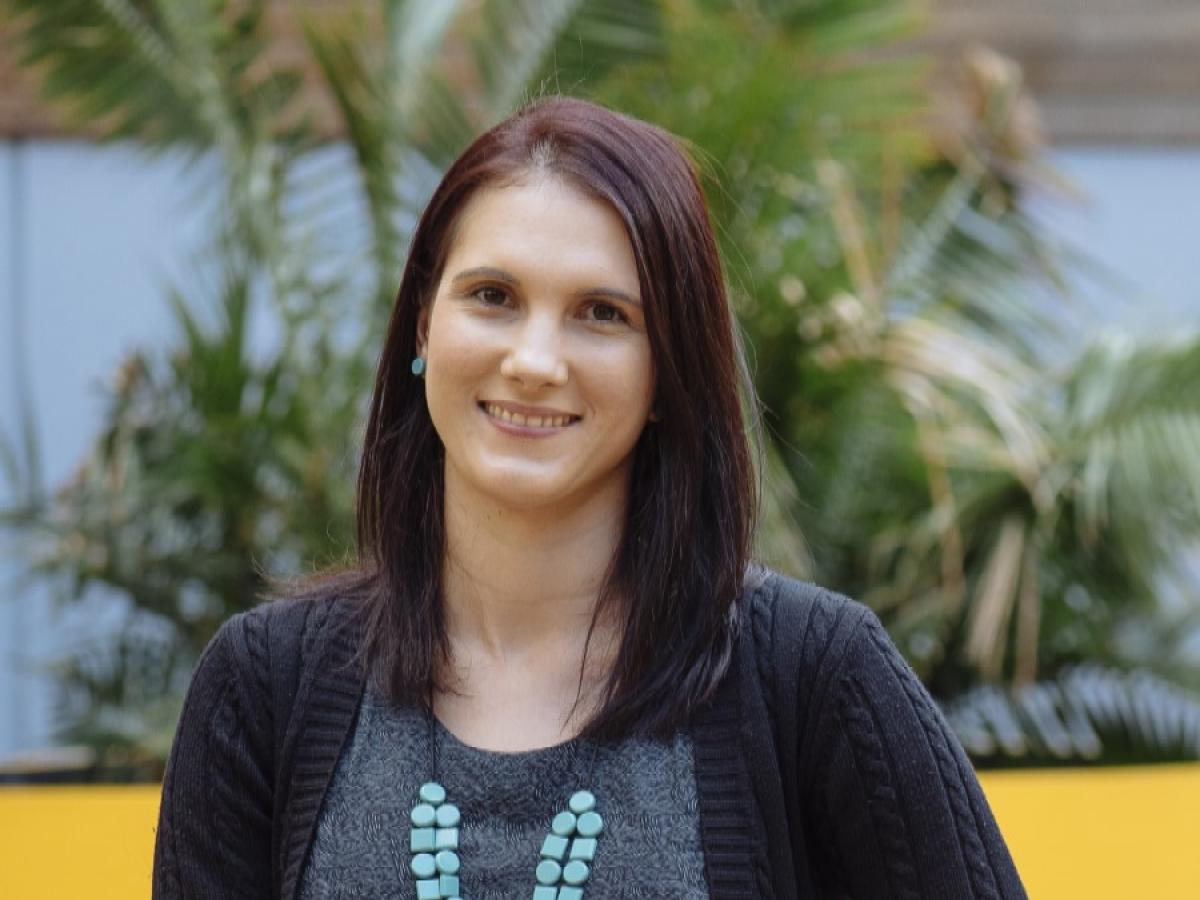
University of Adelaide researchers focusing on improving the health outcomes of people with diabetes have been granted funding by Diabetes SA.
Senior Lecturer Dr Stephen Kidd and Grant-Funded Researcher Dr Rebecca Thomson each received $100,000 for two years through the Diabetes SA Research Grants Program.
Dr Thomson was granted the Sieglinde Hannelore Darsow - Type 1 Award for her project, which will use samples from the Environmental Determinants of Islet Autoimmunity (ENDIA) pregnancy-birth study to investigate how a parent's and child's weight gain and growth can affect the child's risk of developing the early stages of type 1 diabetes.
"This research will discover when the ideal time is to intervene in early life to reduce the impact of weight on the risk of type 1 diabetes," said Dr Thomson, who is also a member of the Robinson Research Institute.
"Even small reductions in weight could lead to 20 per cent fewer children getting type 1 diabetes.
"We aren't sure how weight and what you eat are linked to the risk of type 1 diabetes, but ENDIA is uniquely positioned to answer these questions because we are following children who are at an increased risk due to someone in their family (their mother, father or sibling) already living with it."
Dr Thomson and team will study the diet and microbiome of mothers during pregnancy, diets of babies in their first two years and how a mother's diet and gut bacteria affect the baby.
"As 50 per cent of ENDIA parents are overweight or obese at conception, similar to the Australian child-bearing population, these findings will have major implications for preconception care and intervention," she said.
"By studying the communities of bacteria in the gut from mothers and their children in ENDIA we will open up opportunities to intervene using dietary patterns, and dietary supplements, such as prebiotics or probiotics to reduce the child's risk of developing type 1 diabetes."

Dr Kidd's research aims to improve clinical efforts for identifying novel bacteria and their treatment to prevent common chronic foot infections.
"Patients with diabetes often have complications with their extremities, with more than 25 per cent of these patients developing foot ulcers," said Dr Kidd.
"Often there are complications in the treatment which results in a foot infection, which continues to persist despite rigorous medical action.
"Once a patient with diabetes develops a foot ulcer, it will become chronic in more than 30 per cent of cases, and if these infections progress into the bone, it requires amputation."
However, amputation doesn't necessarily prevent a relapse of infection.
"When bacteria, like Golden Staph, is multiplying antibiotics can be used to shut them down; however, there are some bacterial cells that can become dormant and the antibiotics will not work on these," said Dr Kidd.
"The current gold standard protocols are inadequate at detecting problematic bacteria, and we want to find ways to define, identify and treat these bacteria.
"So far, we have been able to produce novel tools to create an understanding of those dormant bacterial types that can appear sensitive to antibiotics during testing but are not killed in treatment.
"We'll be able to build on our early findings with this new Diabetes SA funded project - if we can grow these bacteria and learn more about them, we can create different protocols for treatments, without overusing the antibiotics we have."






